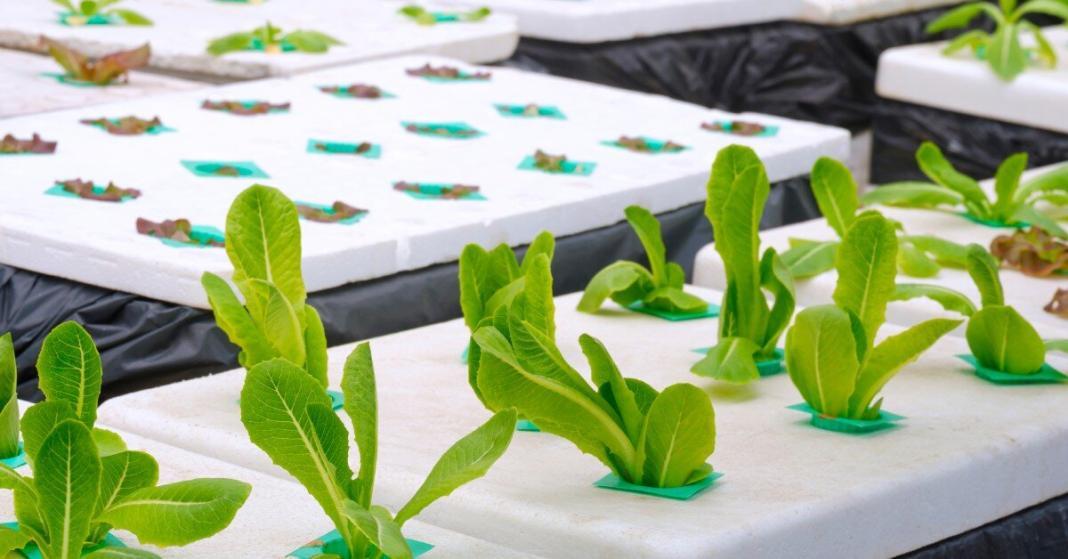Envision fresh, healthy fruits and vegetables grown right at school. The benefits of container farms are transforming educational experiences for public schools, such as encouraging students to learn about what it takes to grow their own produce. Keep reading to find out how these compact, versatile growing systems can revolutionize your school environment.
1. Container Farms Don’t Require Much Space
Space is often limited in densely populated city districts. Container farms can fit in nearly any environment, even the most confined urban settings. These compact units can be set up in parking lots, unused corners of school grounds, or even on rooftops, making farming accessible to schools with limited land.
With a shipping container farm, you can grow fresh produce right where your students are. This eliminates the need for long-distance transportation of food, which in turn reduces carbon emissions and promotes sustainability.
2. Teach Students About Sustainable Agriculture
Container farms allow schools to directly incorporate hands-on learning about sustainable agriculture into their curriculum. Students can learn about the benefits of hydroponic and aeroponic farming methods, water conservation techniques, and how to reduce waste through composting. These valuable skills will not only promote environmental consciousness but also prepare students for future careers in sustainable agriculture.
3. They Expand Learning Opportunities for School Farm Programs
Container farms offer a world of educational possibilities. They enable students to learn about hydroponics, a soil-free method of growing plants, which is becoming increasingly relevant in the agricultural industry.
Additionally, students can gain hands-on experience in pest control without the risks associated with traditional farming methods, all while developing critical thinking and problem-solving skills. For schools in harsh climates, container farms provide the opportunity to create a farming program. Students in all climates would be able to learn more about agriculture, which would make them more informed consumers.
4. They Supplement the School’s Food Supply
Imagine your school cafeteria serving fresh, farm-to-table produce grown right on campus. Container farms can make this a reality by providing a steady supply of fresh fruits and vegetables. Not only does this promote healthier eating habits among students, but it also makes the school’s food supply more sustainable and cost-effective in the long run. Plus, students have the satisfaction of knowing they grew some of the produce.
5. Container Farms Are Pest-Free Environments
One of the standout benefits of container farms is their controlled environment, which is free from pests. This ensures that students allergic to bees or other insects can safely participate in gardening activities. Plus, the absence of pests means fewer disruptions in agricultural experiments and projects, leading to more reliable and enjoyable educational experiences.
The benefits of container farms for public schools extend beyond education; they also improve the health of students. They offer a solution to space constraints, expand educational opportunities, supplement school food supplies, and provide a pest-free environment for students. By incorporating container farms into your school, you’ll enhance education, sustainability, and student well-being. If you’re ready to explore these advantages further, now is the perfect time to start.
You may also like,
- Take Advantage Of What Increases Agricultural Production? Read These Tips
- Green Horizons: Sustainable Technology Innovations Shaping Our Future in 2024







